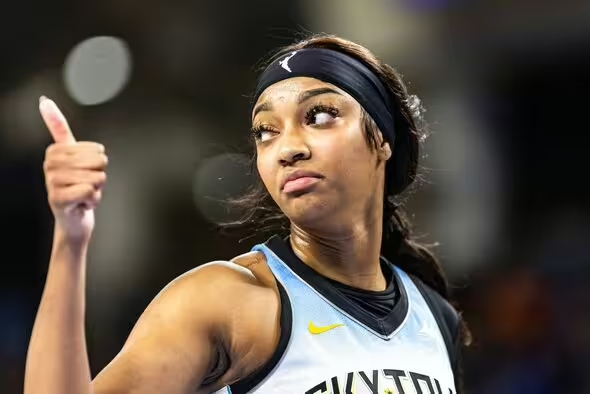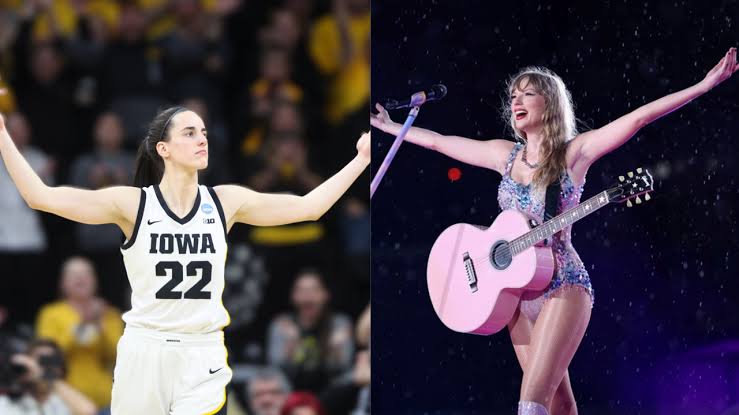The article highlights a growing labor dispute in the WNBA, with Angel Reese hinting at a possible player strike if the league does not meet demands for better wages and working conditions. Key points from the situation include:
1. WNBA Players Pushing for a New CBA
The Women’s National Basketball Players Association (WNBPA) has opted out of the current collective bargaining agreement (CBA), set to expire after the 2025 season.
Players demand a larger revenue share, the removal of the salary cap, and overall improved financial conditions.
Compared to NBA players, who receive 50% of league revenue, WNBA players currently receive only 9.3%.
2. Angel Reese’s Influence and Financial Reality
Reese, a high-profile rookie, earns a relatively low WNBA salary of $74,909 next season.
She has been vocal about how WNBA pay does not cover her living expenses, relying instead on endorsements and alternative leagues like Unrivaled.
Other top WNBA players, like Breanna Stewart and Napheesa Collier, are advocating for change through Unrivaled, which offers a significantly higher average salary ($250,000).
3. Growth of the WNBA and New Media Deals
The WNBA has secured a $2.2 billion media rights deal with Disney, NBC, and Amazon, signaling significant financial growth.
The league is expanding with teams in Golden State, Toronto, and Portland.
Players are concerned that future rookies will benefit from improved contracts, while current players remain locked into older, less favorable deals.
4. Potential for a Strike
Reese’s statement on her podcast suggests that players may refuse to play if their demands are not met.
Her co-host, Dijonai Carrington, who has union experience, acknowledged that a strike is a “real possibility.”
This echoes similar historical labor movements, where players used strikes as leverage for better pay and working conditions.
5. Broader Implications
If a strike happens, it could disrupt the WNBA’s momentum, which has been fueled by the rising popularity of stars like Reese and Caitlin Clark.
The league must decide whether to meet players’ demands or risk a labor stoppage that could impact its financial and public perception.
Conclusion
The WNBA faces a crucial turning point. With players demanding a fairer share of rising revenues, the league must either address these concerns or risk a significant labor dispute. Angel Reese and other young stars are pushing for immediate changes, and the outcome of these negotiations could shape the future of women’s professional basketball.



